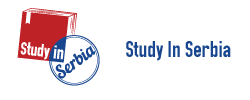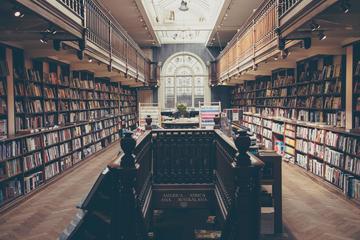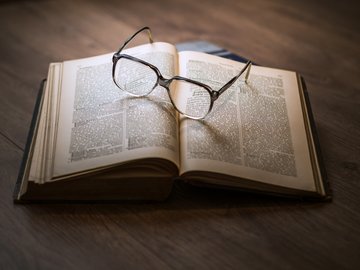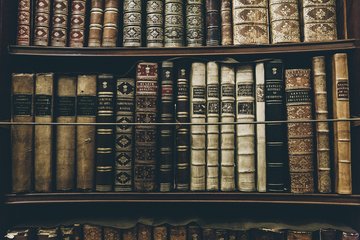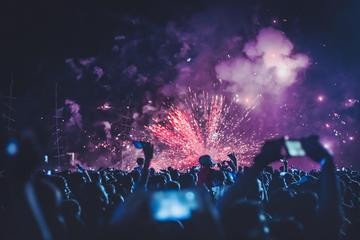
Blog
Serbian literature
SERBIAN LITERATURE
The earliest writings in Serbian were religious works as religious institutions were the first ones to notice the value in writing down historical events and policies. Earliest Serbian religious documents date back to 10th century. Thanks to that, the first literary works were written in churches and monasteries. Serbian medieval literature is very rich with around 500 separate genres, among which the most popular were žitije (vita), pohvala (eulogy), and službe (church services). Miroslav Gospel is the oldest preserved manuscript written in Serbian language. It consists of 362 pages, and it was written in the 12th century. The phototype edition of Miroslav Gospel is included in UNESCO’s library “Memory of the World”. Some of the most notable Serbian medieval authors are Saint Sava, Jefimija, Stefan Lazarević and Constantine of Kostenets.
For five centuries, from 14th to 19th century, Serbs were occupied by Ottoman Empire and during this period Serbian Epic poetry blossomed. These songs were passed orally from generation to generation and helped in developing the Serbian national consciousness. The authors are unknown, and the songs are sang accompanied with the musical instrument called gusle. The songs are divided in cycles, among which arguably the most famous is the cycle of Prince Marko, and usually follow national heroes in their conquests to protect Serbian people. In 19th century, Vuk Karadžić started collecting and publishing these songs, so they were saved from oblivion. Authors such as Herder, Jacob Grimm and Goethe studied and were influenced by Serbian Epic poetry.
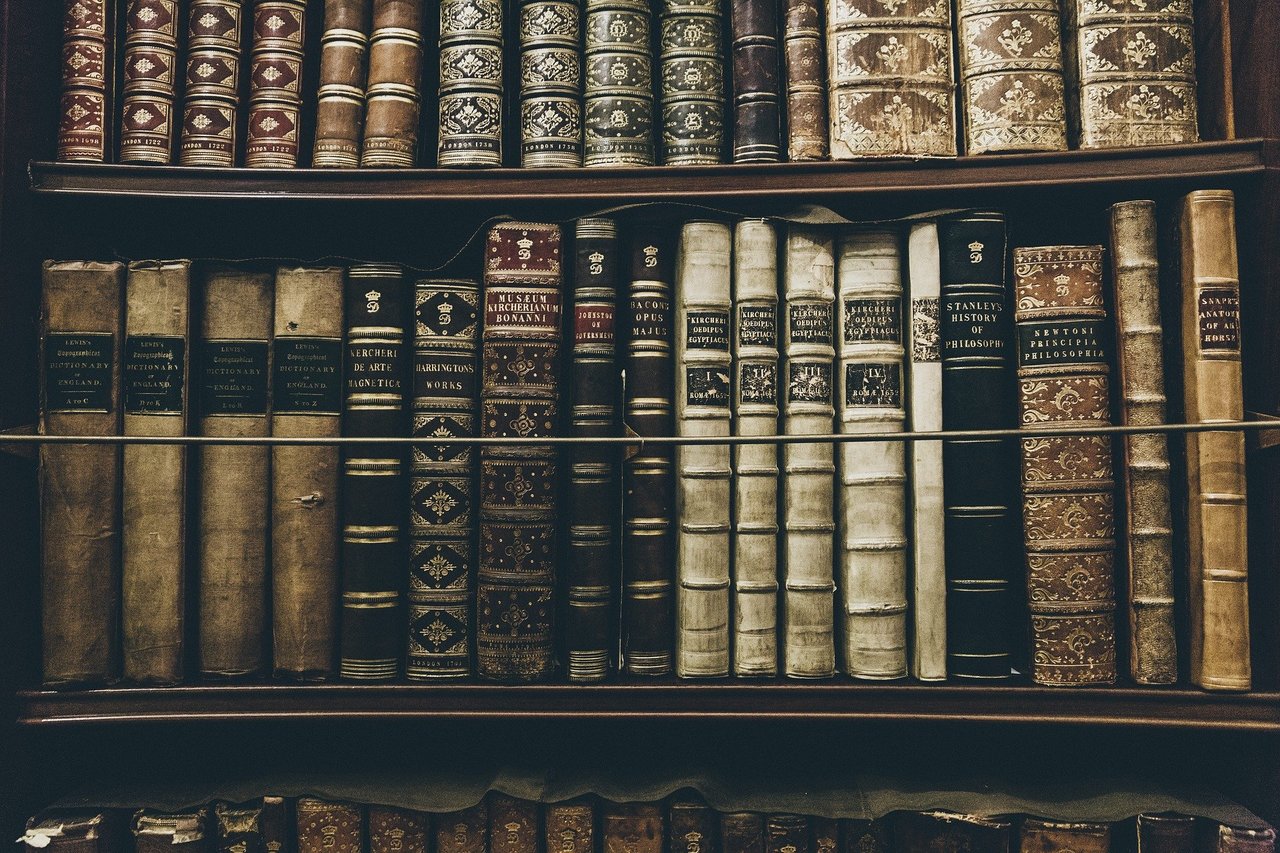
In Vojvodina, Northern part of Serbia, baroque was already developing in 17th century influenced by Medieval traditions and Russian baroque. Baroque plays an important role in Serbian literature because it marks its reestablishment after it had been interrupted by the Ottoman invasion. One of the most notable figures of the time was Gavril Stefanović Venclović. Not only that he was an important writer but also, he started an early reform of the language, that will later on be continued by Dositej Obradović and finalized by Vuk Stefanović Karadžić. During the period of baroque and classicism poetry, drama and theatre were expanding giving one of the biggest playwrights of Serbian literature, Jovan Sterija Popović.
Serbian romanticism is crucial for Serbian history, not only that Serbia finally regained its independence, but also this is when the reform of the language has come to its end and the modern Serbian language was established. Majority of the most important literary works of the period were written in the new reformed language, and a lot of masterpieces of Serbian literature are from this generation of writers. The national pride is omnipresent during romanticism and the poetry, that cut ties with classicism, has met its peak. The most notable authors are Vuk Stefanović Karadžić, Petar Petrović Njegoš, Branko Radičević, Laza Kostić and Jovan Jovanović Zmaj.
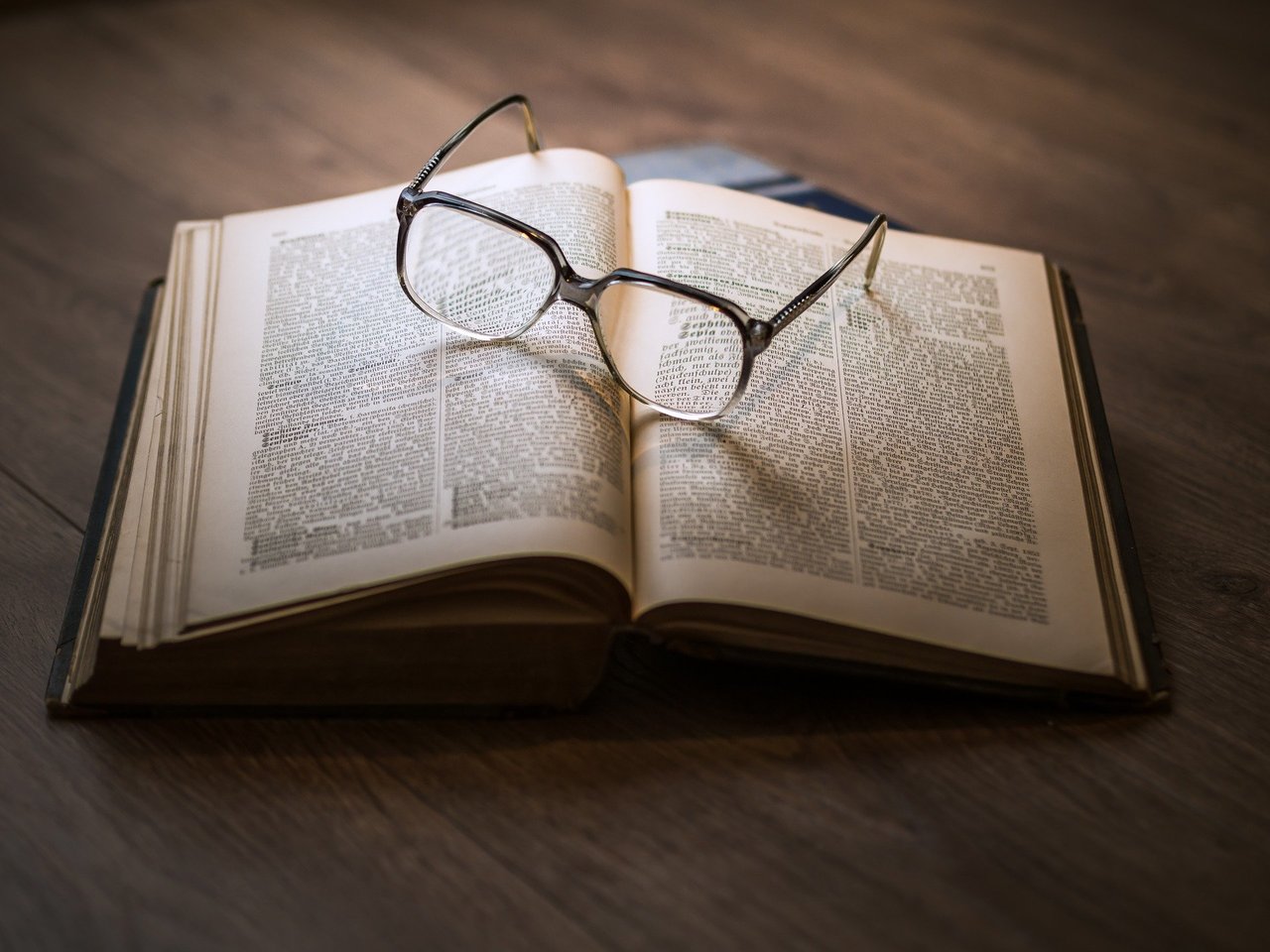
Realism has arrived a bit late in Serbian literature but stayed dominant throughout the 19th century. This period is characterized by works in prose such as short stories, that was the most popular genre, and novels. Writers of the realism tended to idealize life of the regular country people while everything modern and new was seen negatively. Also, dialects and regional way of speaking were especially interesting to these writers so these books serve also as a treasury of the old language. Works of the period were largely influenced by Russian author Nikolai Gogol. Some of the most loved Serbian writers of the realism are Milovan Glišić, Laza Lazarević, Borisav Stanković and Branislav Nušić.
As all of you know, the 20th century was a century of two World Wars that made a lasting mark not only on human history, but probably on all the aspects of human life, including literature. Serbian authors of 20th century were highly influenced by the happenings around them and have produced some of the most loved and well known classics of Serbian literature. However, there is one author that stands out among others as he is the only Serbian author so far that has received a Nobel prize for literature. His name is Ivo Andrić and he got the said prize in 1961 for his novel The Bridge of Drina. Andrić was born in 1892 and he lived through both world wars, however his writings dealt mainly with life in his native Bosnia under Ottoman rule. His Nobel prize winning novel was written during the World War II which he spent in some kind of a house arrest in Belgrade. The novel tells the story of Mehmed Paša Sokolović Bridge in Višegrad from its construction by the Ottomans in the mid-16th century until its partial destruction during World War I. The story covers four centuries period with an emphasis on the destinies and relations of the local inhabitants, especially Serbs and Bosniaks. Andrić is globally recognized author with his works being translated into numerous languages. However, we should not forget some other big names of the period such as Petar Kočić, Jovan Dučić, Milan Rakić, Meša Selimovič, Miloš Crnjanski and many others. During 20th century Serbian literature has given exquisite works in prose and poetry.
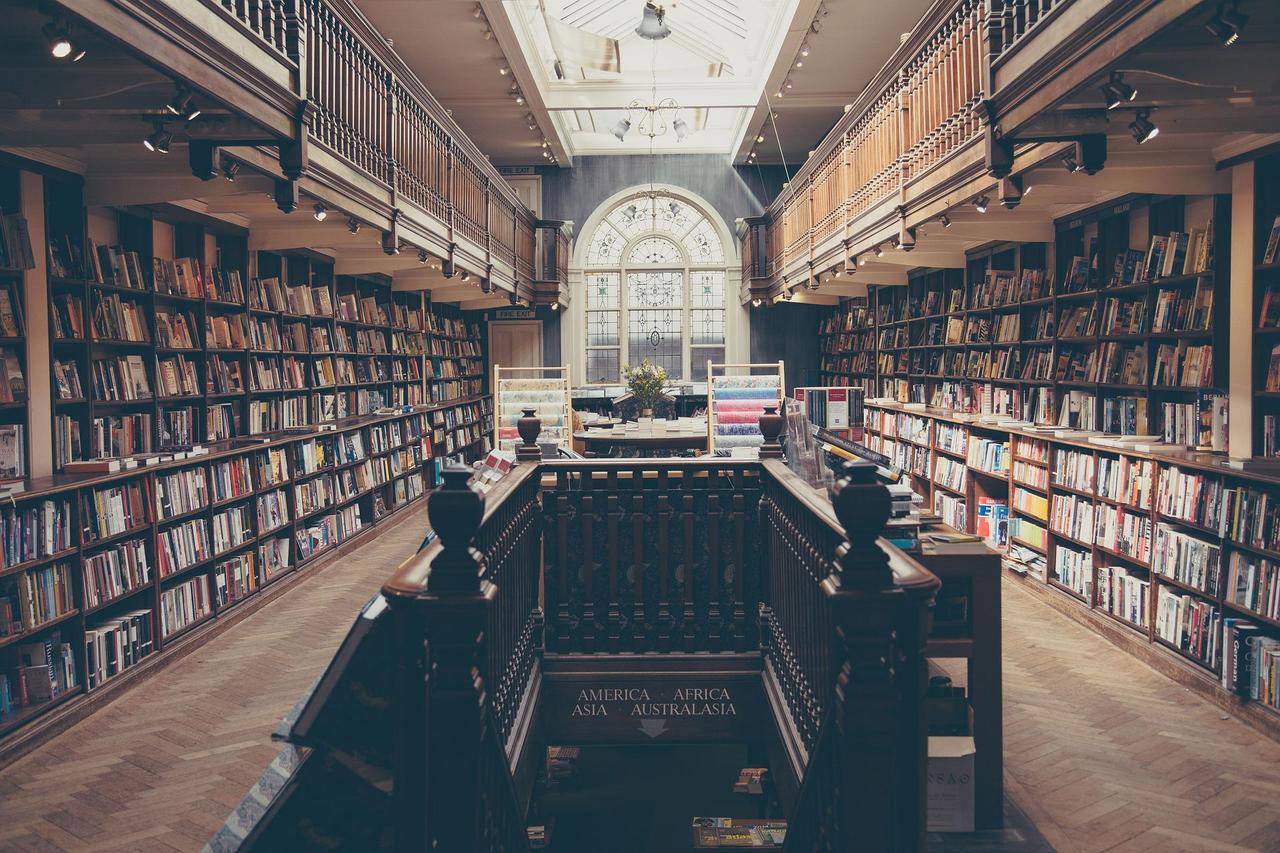
The Serbian literature is ever developing so contemporary literature is very versatile. Different kinds of books are available on the market, from the works of proclaimed modern Serbian authors like Goran Petrović and Svetislav Basara to works that are marked as an “easy literature”. However, bookstores and libraries are very popular and accessible in Serbia, with even books available in English suitable for foreigners, so if you are a book lover or aspire to become one, we are sure that Serbia and its literature will become your new favorite.
Make sure to check out our previous blog posts and contact Study in Serbia via email, Facebook, and Instagram if you have any questions regarding living and studying in Serbia. We are happy to help!
